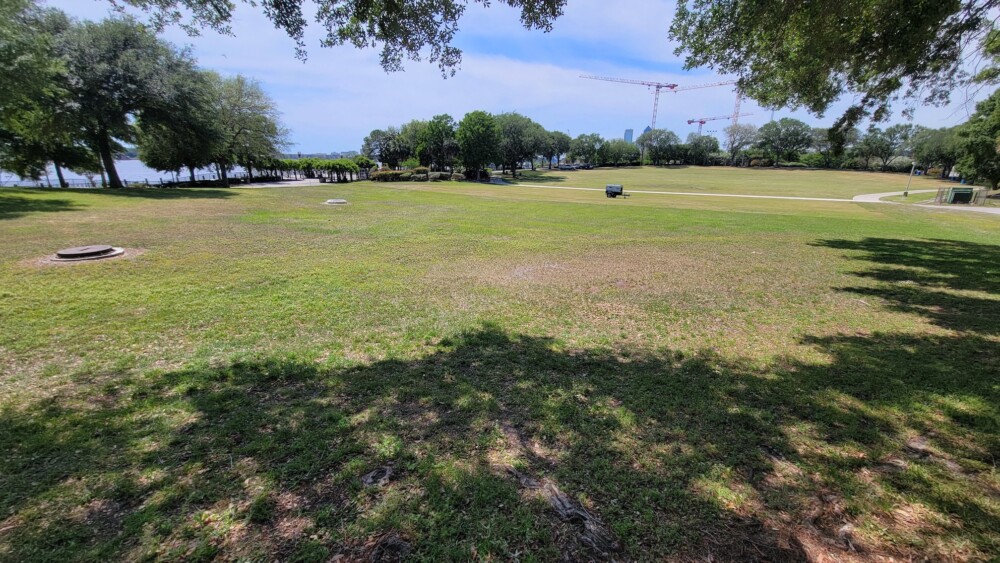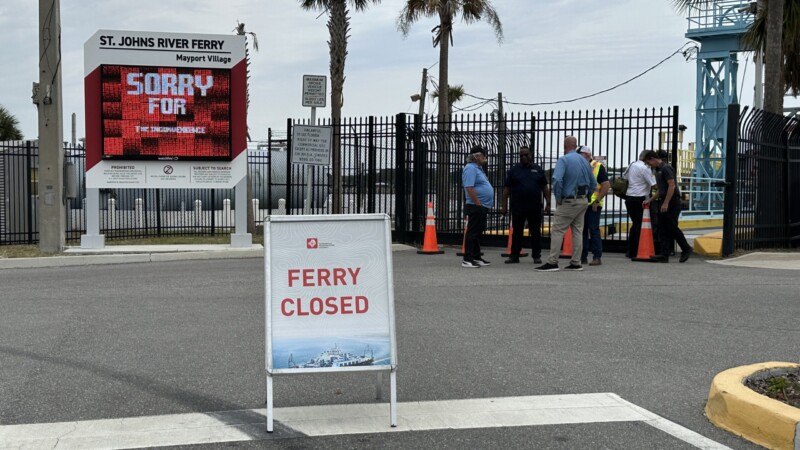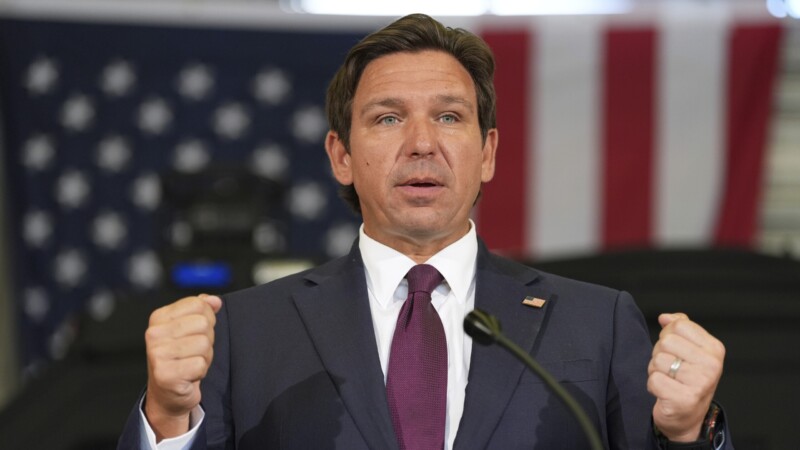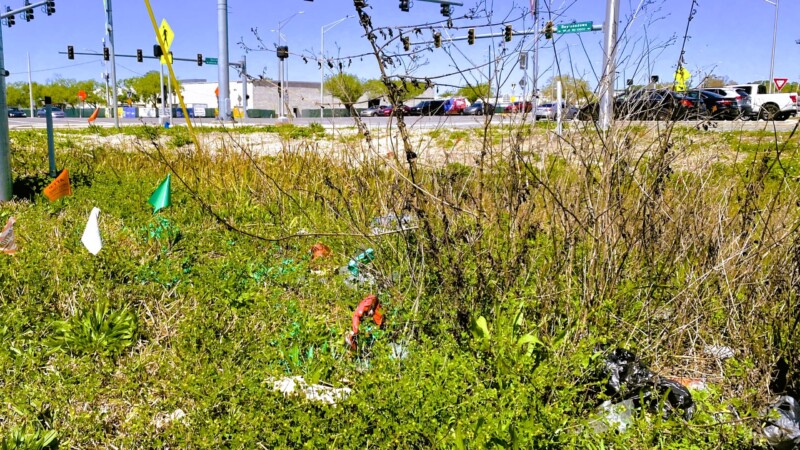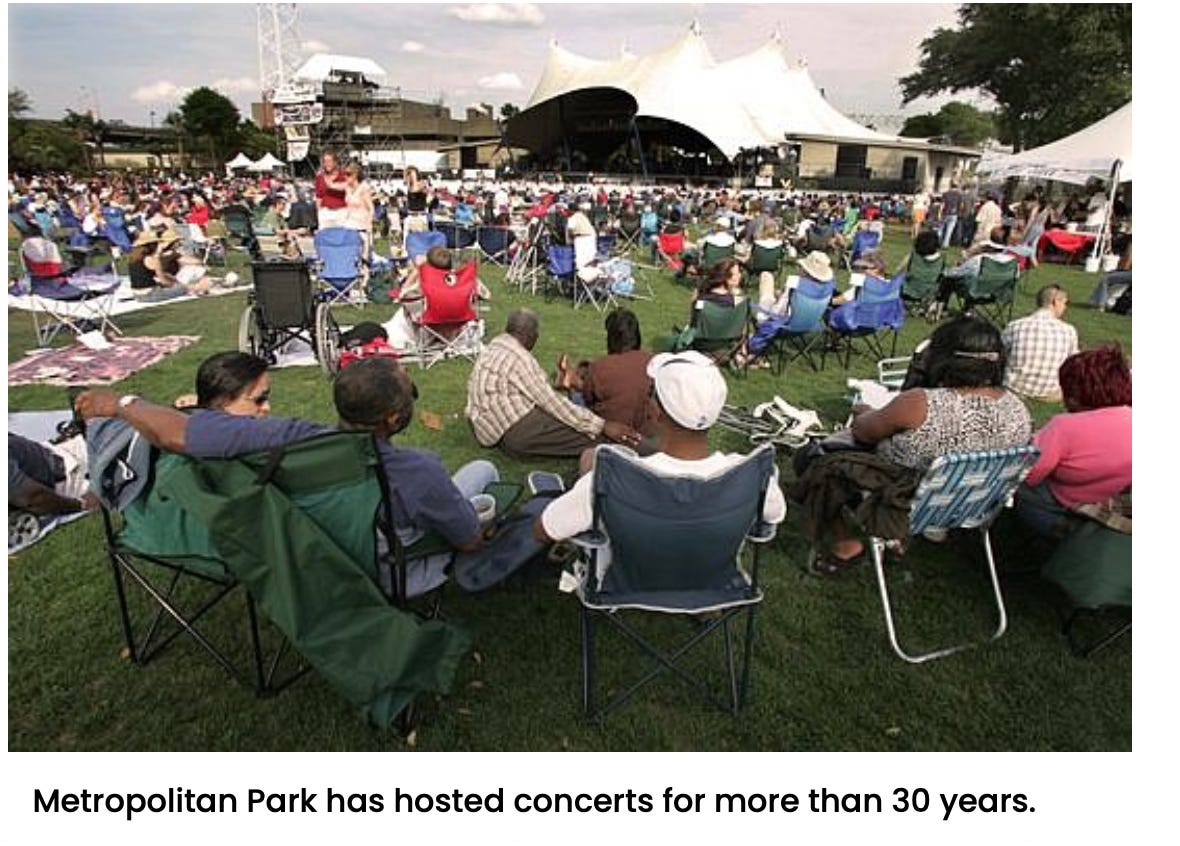It’s baseball season, which puts some in mind of Yogi Berra’s insightful witticisms. “Deja vu all over again” is apropos because we’re talking again about a public park located on the St. Johns River Northbank and what we might want to do there.
Not Riverfront Plaza. Not Downtown pocket parks. Not Shipyards West.
This time it’s Metropolitan Park, the 18.25-acre public park bordering the St. Johns River between WJCT Studios and across from Daily’s Place on Gator Bowl Boulevard.
The city has hired Civitas, a Denver-based urban design and landscape architectural firm, to engage local citizens in workshops and surveys designed to give local decision-makers some sense of what to build that will entice local folks to visit the park.
Not too late to participate
Last week, the city’s Metropolitan Park Revitalization Committee hosted a public open house to discuss “revitalization plans.” “City planners, community leaders, environmental experts and design professionals” compose this committee “dedicated to transforming Metropolitan Park into a vibrant, sustainable, and inclusive space for all residents and visitors to enjoy” (per jacksonville.gov).
If you missed the committee’s open house, it’s not too late to participate. Citizens may complete a survey about our revitalization druthers.
The problem framed
A seven-minute film precedes the survey, cleverly making the case for revitalization by explaining what’s currently wrong with Metropolitan Park — a difficult-to-access entrance, its “no-one-knows-it’s-there” hidden signage, and so on.
Alarmingly, the film claims that 50% of park shade trees are in poor condition. One wonders why that is. After all, who bears responsibility for maintaining the tree canopy, and did neglect to provide care play any role?
No doubt Metropolitan Park needs some love.
Survey says . . .
The survey allows respondents to choose from a set of activities the public may wish to see in a revitalized park, just as we were asked to do when designs for Downtown pocket parks, Shipyards West, and Riverfront Plaza were taking shape.
While subtle, this survey’s options highlight different ways that folks understand “activation.” Not framed as either-or exclusive options, the survey nonetheless suggests choices must be made. Do we prefer quiet meditation and a human connection to nature, nature strolls and teaching gardens, for example? Or physical activities such as yoga and basketball?
Since we have completed previous surveys on what we wish to see in other Downtown parks, an educated guess says collectively we will choose “all of the above,” though that option the survey does not offer, leaving the powers to be to use their best judgment on what will cause us to visit Metropolitan Park, not every once in a while but daily.
Given its size, maybe we can have it all — nature trails, basketball and yoga, space for a family and group of friends to enjoy a picnic along the river’s edge, as well as large public gathering space suitable for outdoor concerts and live theatre.
Past as prelude?
Metropolitan Park was designed in the early 1980’s as an “urban waterfront, multi-purpose, family orientated park . . . located on what used to be an urban landfill.” This incredible reclamation’s purpose was “family enjoyment,” described as “live performances, concerts, plays, talent shows, and other group gatherings.”
Winner of the 1986 Governor’s Design Award, Metropolitan Park hosted the Jacksonville Music Festival, the Jazz Festival, the Symphony’s Starry Night series and Theatre Jacksonville’s Shakespeare in the Park, many for decades.
And then the music stopped.
In 2016, the city demolished the park’s famed performance stage with its canopy, claiming structural problems, whilst simultaneously using public dollars to subsidize construction of Daily’s Place across the boulevard. Guess we couldn’t afford both investing in Metropolitan Park’s infrastructure and building Daily’s Place. Demolition of the park’s stage came some years after the city moved our ever popular Jazz Fest to steaming historic Downtown, out of a park setting and into concrete and asphalt.
Sad indeed and, intentional or not, creating the problem we are now trying to solve: How might we “revitalize” a park we once loved, once enjoyed but deliberately abandoned and neglected? And what ensures we won’t deliberately neglect it again? Déjà vu?
Wants vs. needs
Interestingly, we’re constantly asked what we “want to do” in a park; we’re never asked what we think it means “to be” in a park, or to ponder what we know humans “need” from a park’s natural setting.
We need a deep connection to Mother Nature; we need outdoor communal gathering space.
One hopes the deciders remember Metropolitan Park’s glory days — outdoor concerts and theatre performances in a park setting, a place adults and children alike may enjoy.
And one hopes that the deciders give some consideration, even if it’s minimal, to the birds and the bees and butterflies, maybe wetlands, and what a child might learn and wonder about while wandering through such a space. After all, yoga and basketball can take place indoors. But a stroll through native vegetation might teach some forgotten lesson about human dependence on Mother Nature.
Déjà vu, all over again.
This column appears in partnership with the JaxLookout.
Sources:
- https://www.jaxdailyrecord.com/news/2024/apr/22/denver-based-firm-civitas-hired-to-redesign-metropolitan-park/
- https://www.jacksonville.gov/welcome/news/city-to-host-metropolitan-park-revitalization-open
- https://www.jaxdailyrecord.com/news/2024/apr/15/city-to-hold-open-house-april-17-on-metropolitan-park-rejuvenation/
- https://www.jaxdailyrecord.com/news/2016/sep/02/closing-act-metropolitan-park-canopy-demolition-permit-issued/
- https://jaxtoday.org/2024/03/15/jacksonville-jazz-fest-announces-lineup-at-new-site/
- https://www.jacksonville.com/story/entertainment/music/2024/01/31/2024-jacksonville-jazz-festival-relocating-to-met-park-dailys-place/72394770007/#


